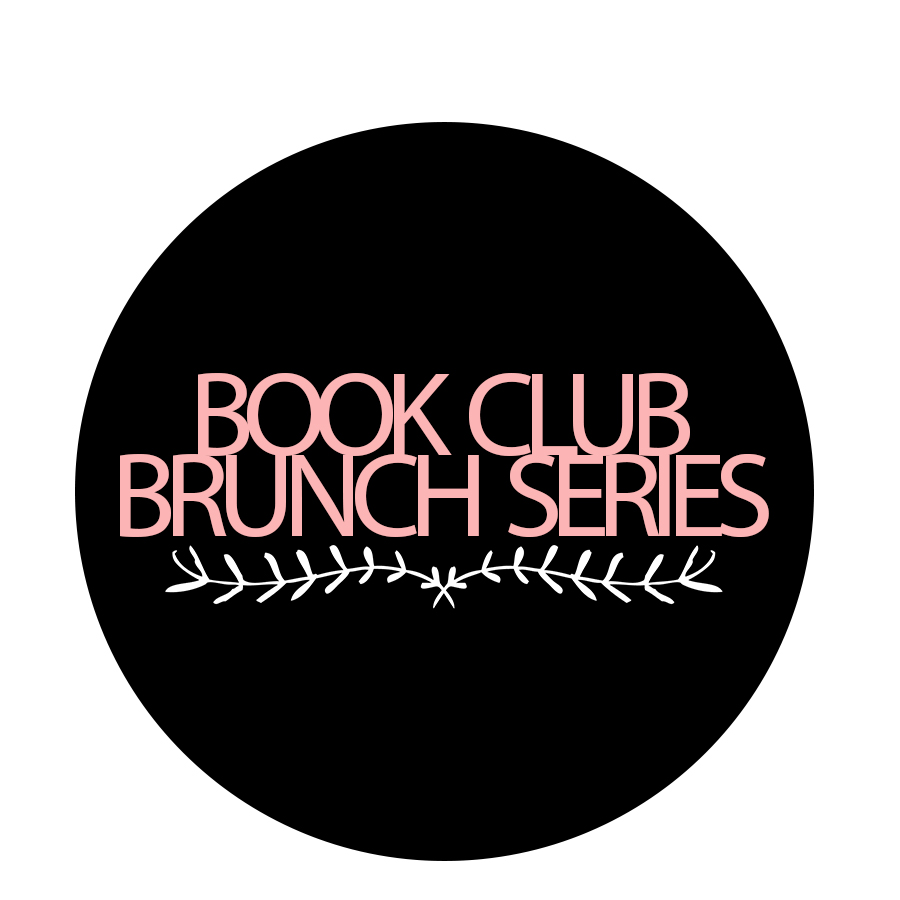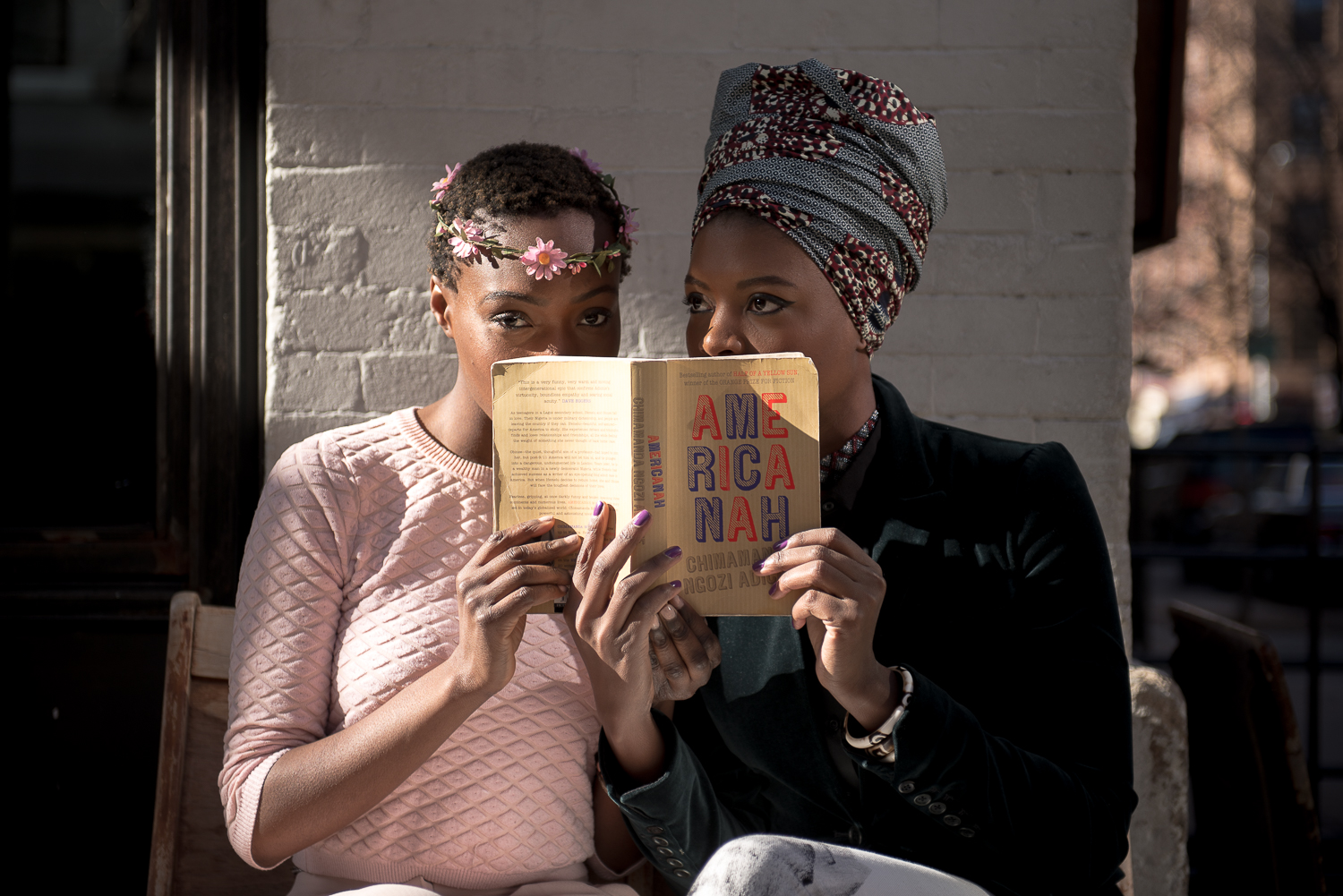Americanah by Chimamanda Ngozi Adichie is a powerful novel about race, identity, and love. We are happy to have chosen it to open of our very first of our book club brunch series. Over 25 readers joined us on Sunday, February 22, 2015 to discuss the story of Ifemelu, an intelligent and very opinionated Nigerian woman who addresses modern day social issues we face today.
It was captivating to hear how strongly many from our group felt connected to the brave character. Ifemelu created a life from observing how different groups of people live together in a world that favors one group of people over others. She is not afraid to voice her viewpoints and perplexity on her blog, “Raceteenth or Various Observations about American Blacks (Those Formerly Known As Negroes) by a Non-American Black.
We see her growth through different levels of her life, where she finds her freedom from no longer trying to sound American. We also found the way she handled love interesting. She falls in love with her childhood boyfriend in Nigeria, but distance and other difficulties she endured made her push him away for a while. During the brunch, we discussed the way she described all of her relationships, which involved a Nigerian, an American black, and a white man. Hair was also an important topic in the book as she includes her natural hair journey and her comical interactions with braiders from the African hair salon. What we loved most about the character overall was her blatant, no-nonsense honesty about the life she lived in Nigeria, and the way she viewed American culture through the eyes of Non-American Black.
We really enjoyed listening to everyone’s personal experiences as we talked about Ifemelu’s romantic relationships, friendships, and the way she described everyone around her. Check out the talking points below, and let the discussion begin!
Ifemelu
What are the characteristics of the main character Ifemelu? Do you find her character easy to fall in love with? Do you see any reflections of yourself in Ifemelu or any other characters?
Race
Ifemelu is a blogger in the story. She is not afraid to speak her mind about issues of race. She categorizes race as: White, Black and Non-American Black. What category do you fall under? Did your race affect your experience while reading the book? How does reading the story make you more alert to race, and to the cultural identifications within race and class?
Ifemelu writes in her blog that “black people are not supposed to be angry about racism” because their anger makes whites uncomfortable (223). Do you agree? Do you think that Ifemelu’s blog could make a significant change in the way we talk about race in America? s race a topic that should openingly be discussed or ignored?
Women
There are many women characters in the book. How would you say Ifemelu described them, and do you think she did so in a fair way?
Education
Education is a key theme in the novel. How important do you think education is to the Nigerian culture? How do you think it relates to different cultures around the world?
Language
Language is an important theme that comes up many times in the book. One example is when Ifemelu was reprimanded by Aunty Uju for speaking Igbo to her son Dike. Aunty Uju believes that speaking their tribal language will “confuse” Dike. Let’s talk about the “extinction” of minority languages.
Immigration
Obinze had difficulty obtaining immigration documents, even though he would be an asset to any country. What do you think about immigration policies today? What are some changes that need be made?
The hair braiding salon
What do you feel that the hair braiding salon represents? Let’s talk about the many conversations that were held in the salon.
Hair
Black woman’s hair quandaries play a huge role in the book. Ifemelu realizes that naturally kinky hair is a subject worth blogging about. She notices that Michelle Obama and Beyonce never appear in public with natural hair. Why do you think that is?
Read the blog post “A Michelle Obama Shout-Out Plus Hair as Race Metaphor” (299-30), and discuss why hair is a useful way of examining race and culture.
Love and relationships
Ifemelu seems to sabotage her relationships. Why do you think she eventually abandons each of her relationships?
Americanah
Do you think that America is presented as in a positive or negative way in the novel?
The term “Americanah” is used for Nigerians who have been changed by having lived in America. Do you find this term to be offensive


